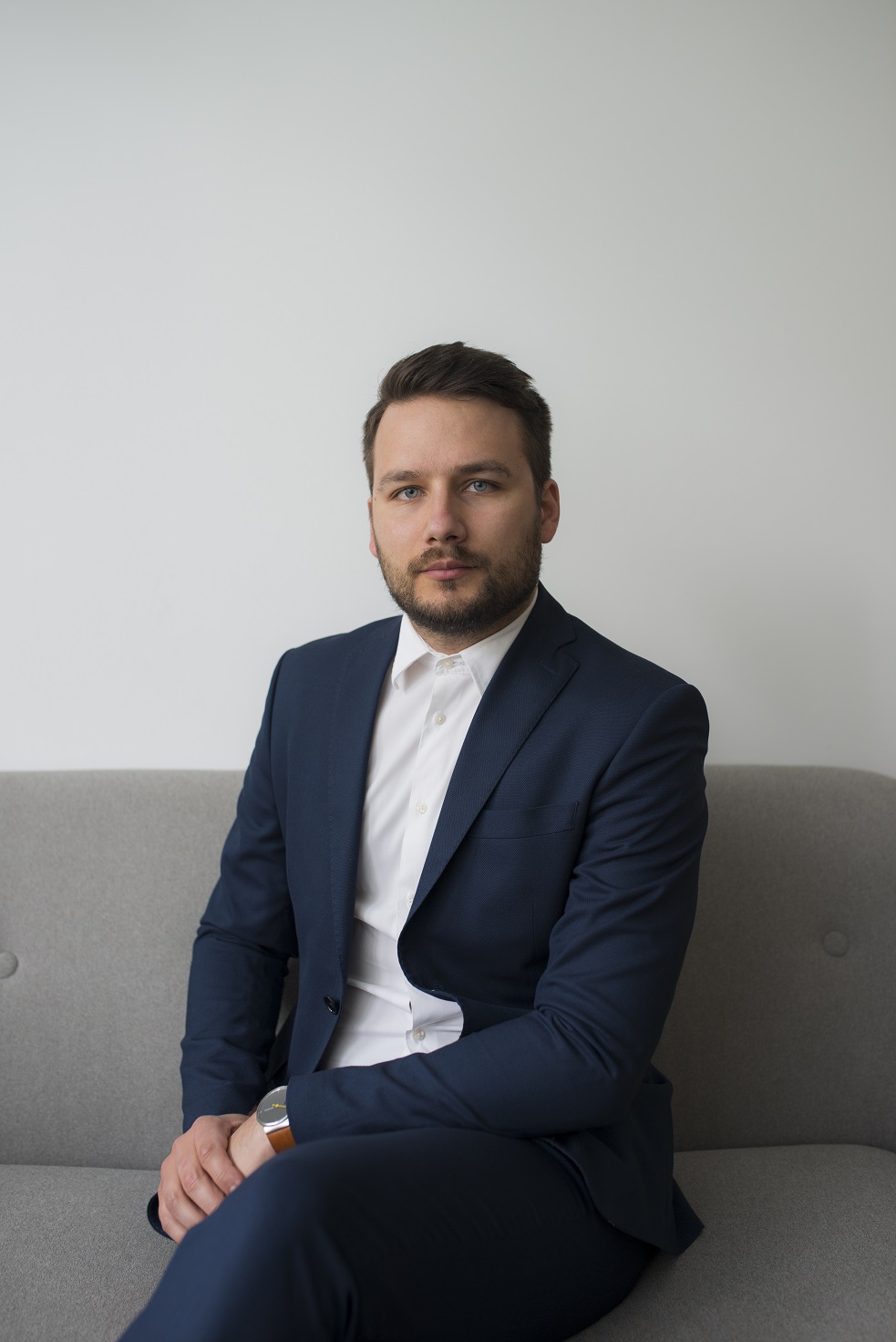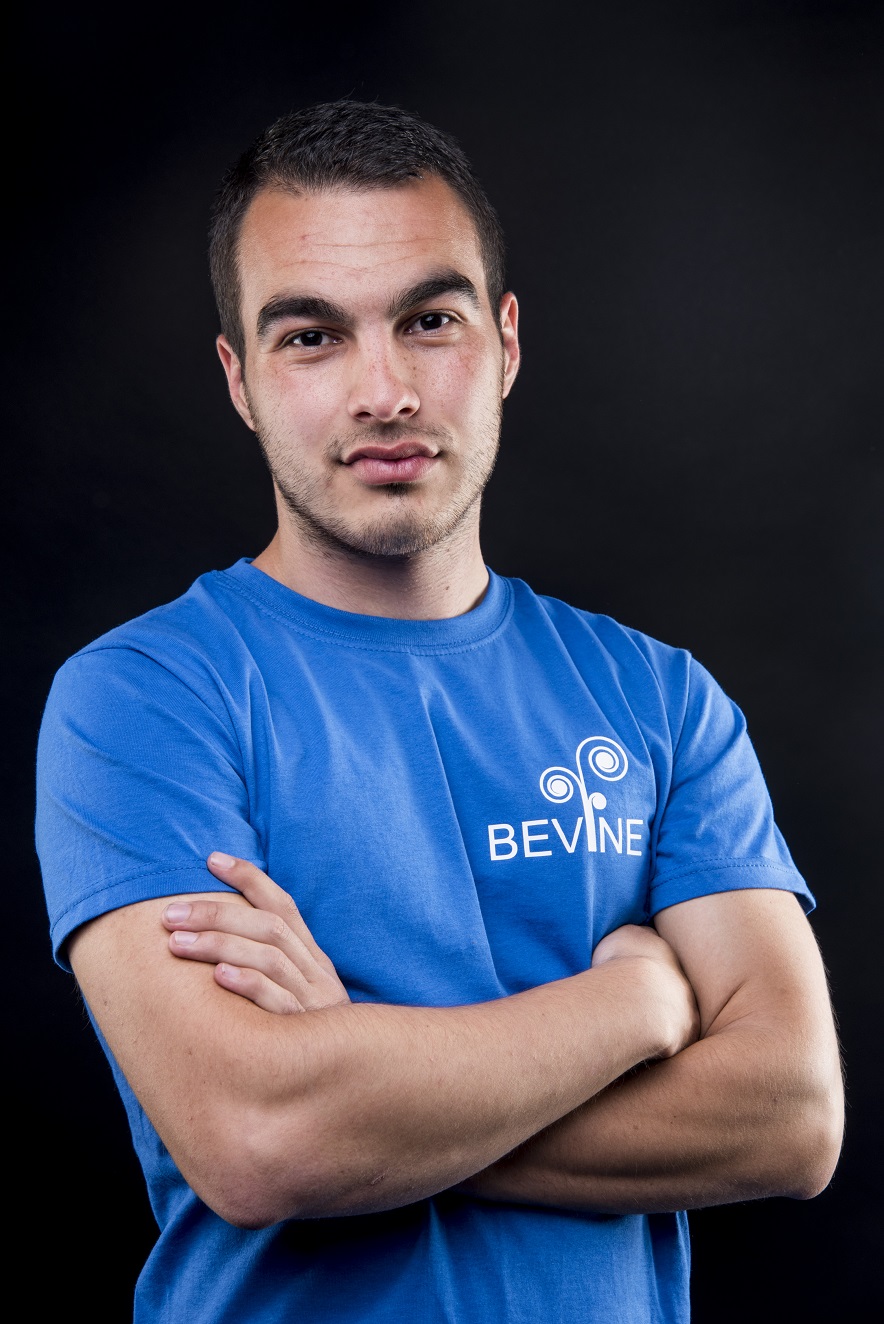Applying Intuition In Business

Svetoslava Stoyanova is a personal growth cultivator, speaker, and communication strategist. Certified professional coach and NLP practitioner, she is a member of the International Coach Federation and accompanies business founders and corporate professionals in their unique journey to fulfillment.
You have probably heard the story of a turkey, fed for 999 days by a farmer, each passing day confirming turkey’s trust that the farmer loves the turkey in a life respecting way. Turkey’s life including. But on the 1000th day, just before Thanksgiving, the turkey is in for a big surprise…
There is this Bulgarian proverb “Too much good portends no good” and it seems that the turkey from Nasim Taleb’s story was not introduced to it. What is more, the turkey confused the world of uncertainty with one of the calculated risks. And the turkey illusion is probably not so often in turkeys, but mostly in people. We often need to go beyond expectations and that is why prediction is not enough. We need to tap into our intuition.
The simplest science-based advice one can give you when it comes to utilizing your intuitive thinking is as follows: ‘If you are in an uncertain world, make it simple. If you are in a world that’s highly predictable, make it complex.’ This simplicity consumed the time of good forty years of academic effort of Gerd Gigerenzer and when it comes to intuition applied in decision making, all roads lead to the German psychologist.
Where To Start With Intuitive Thinking?
Opening the chapter of a new year is a good time to develop a new skill and the first thing we need to admit about intuition is that is a skill indeed. As a professional, I often use my gut feeling to say ‘yes’ or ‘no’ to an opportunity and it usually proves right. The way I apply it is the way most of us would and it is called claircognizance, the ability for a person to acquire psychic knowledge without knowing how or why they know it. You drive to work and you should turn right but for some reason, you continue straight, and later, while listening to the news on the radio, you learn that there was high traffic on the route you miraculously avoided. The miracle, however, has a name and it is called intuition.
As a coach and NLP practitioner, I see that the most supportive way for people to find their own healthy dose of intuitive thinking is by guided imagination, visualization, and full presence. What it creates for them is a shortcut to inner wisdom. Symbolic imagination is a limitless source of insight and knowledge, and I am happy to have seen plenty of times how it can help people experience a profound mind-shift. Hence they see new perspectives for themselves. It may sound suspicious to the conventional mind but a rising level of acceptance is nudging towards this way of thinking. One prerequisite for applying intuition is to veer from probability theory and investigate smart heuristics or rule of thumb, as prof. Gigerenzer calls it. Simply put, this is our ability to know things. Heuristics is an unconscious form of intelligence based on our stored experiences and is a human tool we all possess to deal with an uncertain world.
How Startup Leaders Use Intuition?
President of the Association of Young Entrepreneurs of Serbia, founder and COO of Buildcon a software development company, Ilija Dragisic has over 10 years of business experience in his pocket. He employs this experience when it comes to intuitive thinking.
“Recognizing previous patterns and understanding the circumstances is something that can give you a sense and edge in making a decision. Experience taught me that we don’t need to jump on every opportunity, but the ones that are truly inspiring shine bright and are easily recognizable. Sometimes I can let go and go with the flow and usually in that case I put a lot of trustworthiness in my team.”

For Greta Stefanova, co-founder and CEO of WHISP, a platform aiming at simplifying the process of accessing public healthcare abroad, intuition is a theme in terms of entrepreneurship, and for her, it is all about solving problems by taking risks and diving into the unknown.
“Intuition should accompany every decision to help minimize any possible short-term negative effect if you envision a better outcome in the long run afterwards. Business has to be approached with rationality but combined with sagacity, it gives a wider perspective. What is good today might be horrible tomorrow in nowadays fast-paced environment. Sometimes the greatest ideas fail because of the wrong pace, timing, or approach but the right people learn to adapt.”

Blagoi Anastasov, co-founder of Bevine, a software startup that provides data analysis for winemakers and agronomists, approaches intuition as a combination of knowing the past, feeling ‘the now’, and seeing the future deeply within.
“I always make my decisions based on the intuition I have and the frame that I put around it. It helps me in adapting my software engineering background to the wine industry. It starts with intuition but then the rational spectrum comes into the game and adds value to the reasoning process for decision making. Running a startup allows me to cross borders that I have never thought of and I enjoy that I have total responsibility for my decisions.”

Obviously startup leaders utilize intuition as a soft skill, intertwining it with the “hard” skill of their professional expertise. While they are comfortable talking about it, it turns out that this is not the case in the corporate world. A curious fact is that although over 50% of top corporate leaders and decision makers use intuition, they rarely would admit it in public. There is a fear of being made responsible if something goes wrong, so leaders have developed strategies to deal with this concern. One is to find reasons after the fact. Another way, a more expensive one, is to hire a consulting company, to provide a 200-page document to justify the gut feeling. And the most expensive version is the so-called ‘defensive decision making’, which hurts the company and protects the decision-maker. Nevertheless, from unconscious to conscious, from feeling to knowing, from calculation to prediction, from probability to heuristics, intuitive thinking is available for us. We can use it and we’d better do so.
How To Hone That Skill?
Cecilia Yeung, a Canadian trainer and coach with 25 years of experience in sales, marketing, and strategizing, echoes the opinion that many C-level executives use intuition in decision making, and they are either not consciously aware of using it or they do not advertise that they access it for fear of being mocked. Yeung leads a virtual program that combines the conventional characteristics of bringing business minds together to solve problems with specific mind conditioning and intuitive techniques that are atypical and novel. The premise of her process is that people already have the answers and by using mind and intuition techniques, will be able to see beyond the plethora of information available externally.

“There is no single template for using intuition and it differs for every individual. The good news is that anyone who thinks, feels and senses could develop this ability. Any leader or business owner with a track record of success will know that even when the evidence or data proved the contrary, certain decisions made from a hunch, a distinct awareness, or trusting an inner voice have revealed to be right, accurate, or disarmingly precise. Accessing one’s intuition may be as simple as quieting the mind or ascending to a meditative state. For others, it may be engaging in activities that suspend the rational mind’s incessant thoughts such as walking in nature, surfing, or listening to music. The focus is on seeking validation from the internal channels of information, which includes the subconscious mind.
I truly wish for everyone to realize that there is far more insightful power, illuminating knowledge, and profound wisdom than our thinking minds offer. I recommend reading Malcolm Gladwell’s “Blink, The Power of Thinking Without Thinking” and “Stealing Fire” by Steven Kotler and Jamie Wheal to learn more about the validity of using intuition in business, how to access the subconscious mind, and case studies of how unconventional wisdom may help with business growth.”
Tapping into this unconventional approach is intriguing as one develops a relationship with the powerful subconscious. Here are a few tips from Cecilia Yeung on how to raise your intuitive thinking:
- Make meditation a regular practice, even if only for a few minutes per day.
- Take ‘alpha’ breaks which is the relaxed brain state before waking or when daydreaming. Right before the thinking mind takes over, immerse in the symbols, quiet messages, and hypnotic awareness. Meditation is a useful way for the brain to reach alpha state.
- Be aware of symbols in dreams and waking moments. The subconscious does not communicate with language but instead, with metaphors, symbols and archetypes. Paying closer attention to the symbols will help you gain access to intuition.
- Code your subconscious for answers and solutions by giving instructions before going to sleep. Your dreams may reveal powerful insights.
- ‘Program’ the mind with repeated statements or as they are known in personal development, affirmations. We operate from years of subconscious programming and we have the ability to change the conditioning consciously. ‘I don’t have enough time’ is a typical program that we run on repeat and we can override it with ‘I am using my time wisely’.
Before Going All Out To Intuition
Albert Einstein once said, ‘The intuitive mind is a sacred gift and the rational mind is a faithful servant. We have created a society that honors the servant and has forgotten the gift’. Before jumping on this insight with the determination of a New Year’s resolution, we need to admit that this epiphany to tap into the ‘gift’ occurred for Einstein after gaining substantial experience in the field of ‘rational’. When exploring intuition as a business tool, please bear in mind a few scientifically proven facts:
- Intuition in one domain does not guarantee good intuition in another;
- Intuition leads to cognitive and social biases, like the anchoring effect, where decisions are swayed by the first piece of information thrown at us;
- Stress triggers heuristic thinking – habits and short-cuts – but it degrades more sophisticated intuitive processing;
- We tend to get attached to intuitive beliefs;
- Intuition is highly efficient if we don’t think about it too much.
Intuition is a tool at our disposal and this brings some relief as we carefully open the chapter of 2021 in our lives and business. It can serve us as a torch but we need to discover it as a lantern first. It stems from experience and offers us confirmation in the present moment, in our attempts to sense the emerging future. Whether we should trust our intuition depends not on the strength of it, but on the structure of the domain we are operating in.
The ultimate practical goal in employing intuition in business would be to avoid confusing scenarios of uncertainty with scenarios of calculated risk.




























